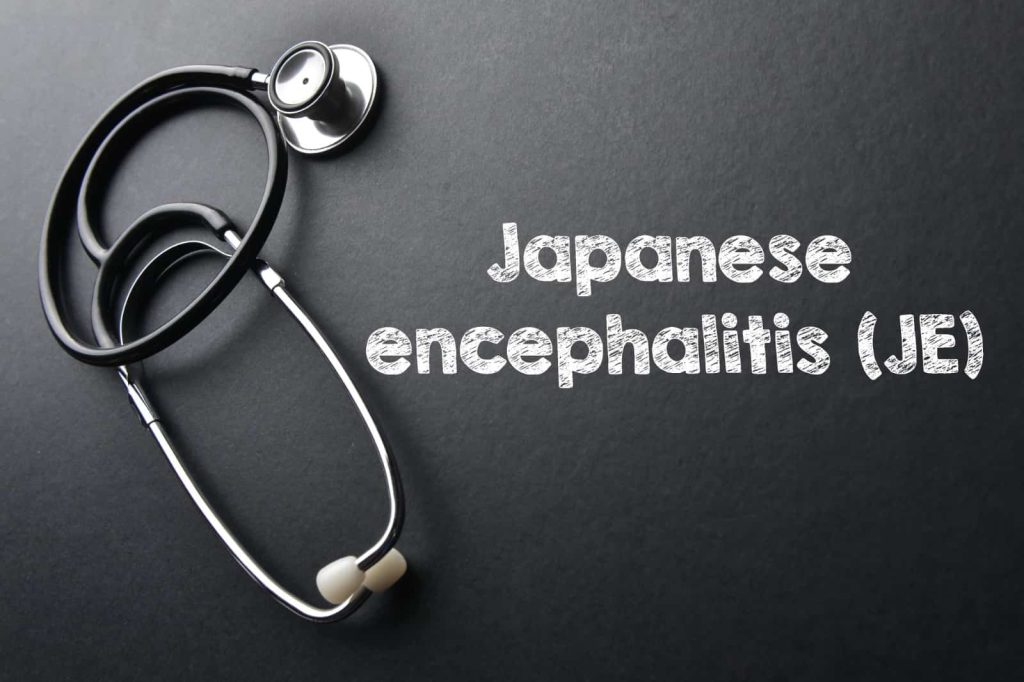Travelling to new and exciting destinations can be a thrilling experience, but it’s essential to be aware of potential health risks that may come up in unfamiliar places. One such concern is Japanese Encephalitis (JE), a viral disease transmitted by mosquitoes.
Understanding the causes of Japanese Encephalitis is important for travellers and taking preventive measures, such as getting the Japanese encephalitis vaccine, can help ensure a safe and enjoyable journey.
Identifying Japanese Encephalitis Symptoms
Before going into the causes, it’s essential to be aware of the symptoms associated with Japanese Encephalitis. The initial stage of Japanese Encephalitis symptoms may resemble flu, including fever, headache and fatigue. However, as the disease progresses, it can lead to more severe complications, such as inflammation of the brain (encephalitis). Japanese Encephalitis symptoms may include high fever, neck stiffness, disorientation and even paralysis.
Understanding the Causes
The primary cause of the Japanese Encephalitis disease is the Japanese encephalitis virus (JEV), primarily found in parts of Asia and the Western Pacific. The virus is transmitted to humans through the bite of infected mosquitoes, particularly those belonging to the Culex species. These mosquitoes breed in areas with stagnant water, such as rice paddies and marshes, making rural and agricultural regions more prone to JE.
Risk Factors and High-Risk Areas
Travellers should be aware of the regions with a higher risk of Japanese Encephalitis transmission. Rural and agricultural areas, especially during the rice-growing season, pose an elevated risk due to the ideal breeding grounds for mosquitoes. High-risk countries include parts of Southeast Asia, South Asia, East Asia and the Pacific Islands. It’s essential to stay informed about the prevalence of JE in the destination country and take preventive measures accordingly.
The Japanese Encephalitis Vaccine
One of the most effective ways to protect oneself from Japanese Encephalitis is by getting the Japanese encephalitis vaccine. This vaccine stimulates the immune system to produce antibodies against the virus, providing an important layer of defence. Travellers should consult with healthcare professionals well in advance of their trip to assess the need for the vaccine based on their destination, duration of stay and planned activities.
Additional Precautions for Travellers
Apart from the Japanese Encephalitis shot or vaccine, travellers can take additional precautions to reduce the risk of mosquito bites. Wearing long sleeves and pants, using insect repellent and staying indoors during peak mosquito activity hours are simple yet effective measures. Moreover, staying in accommodations with screened windows and doors can provide an added layer of protection.
Final Thoughts
Exploring the causes of the Japanese Encephalitis disease is important for anyone planning to travel to regions where the disease is prevalent. Understanding the symptoms, risk factors and high-risk areas empowers travellers to make informed decisions about their health and take necessary precautions. The Japanese encephalitis shot or vaccine is a key preventive measure, offering a reliable defence against this potentially serious disease. By combining vaccination with additional precautions, travellers can significantly reduce the risk of Japanese Encephalitis and focus on enjoying their overseas adventures with peace of mind.
Prioritise your health. Choose Touchwood Pharmacy for Japanese Encephalitis vaccination. Your well-being matters. Schedule your vaccination today.


























